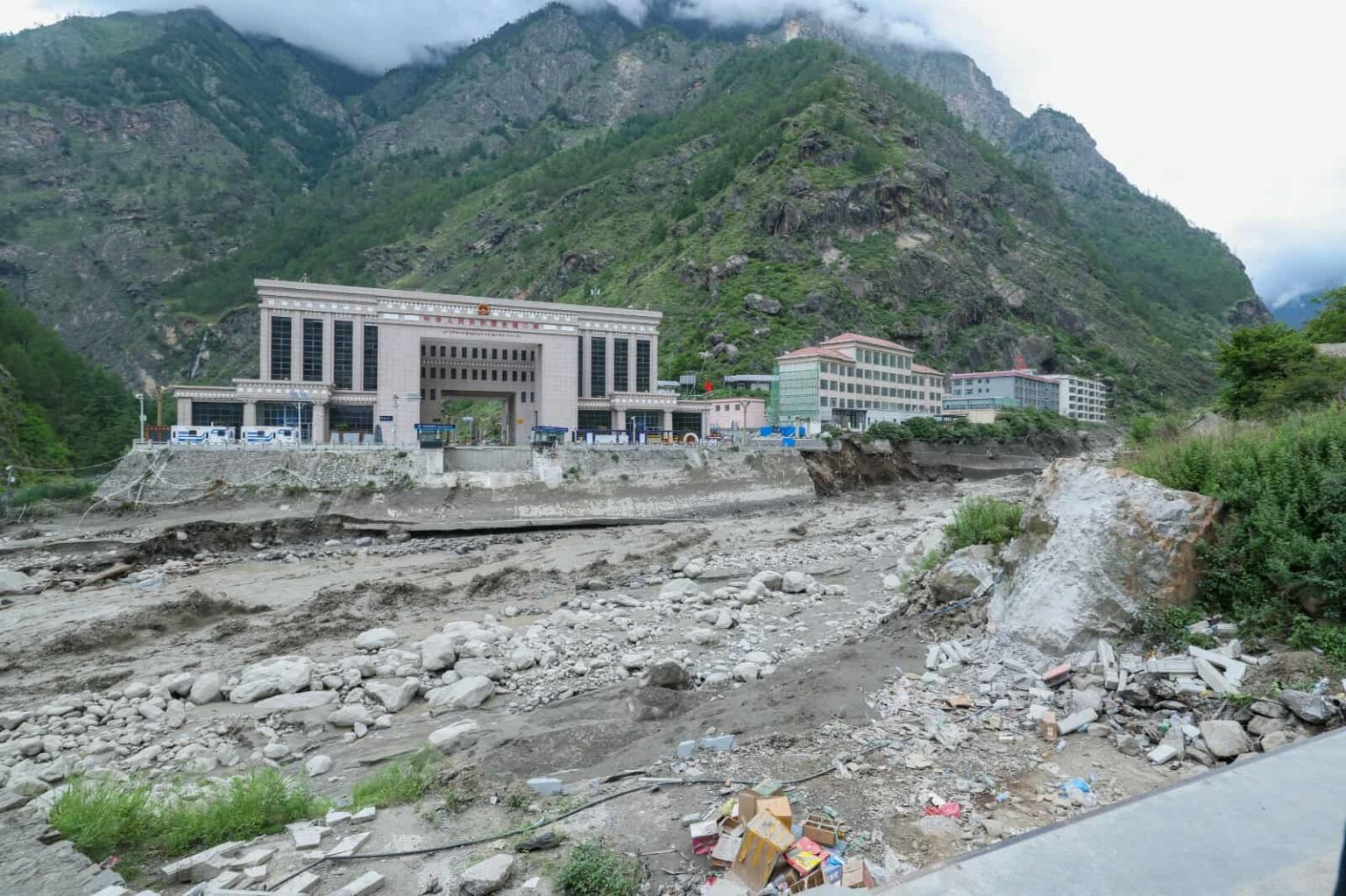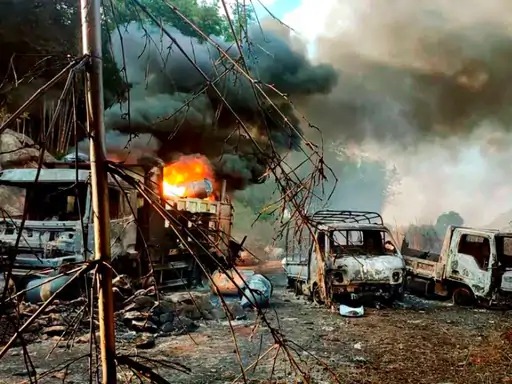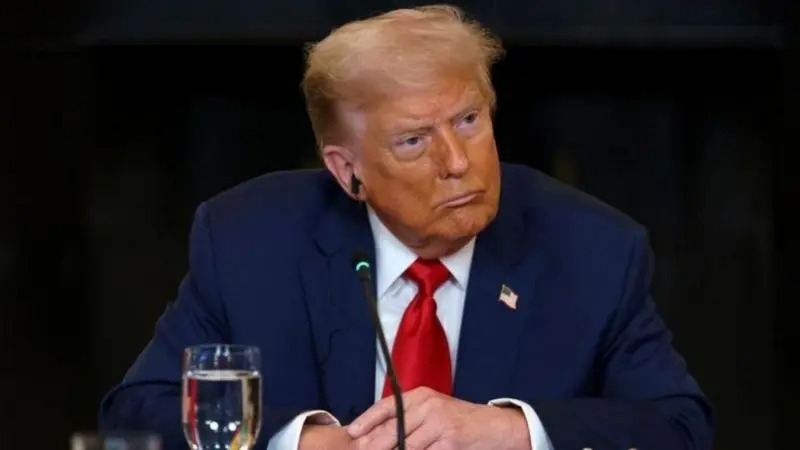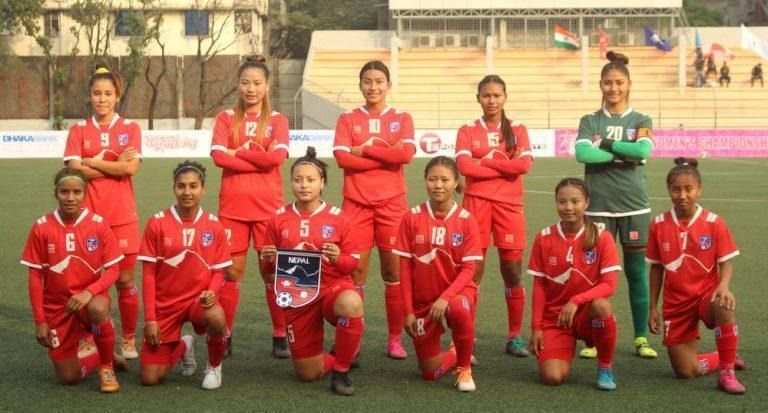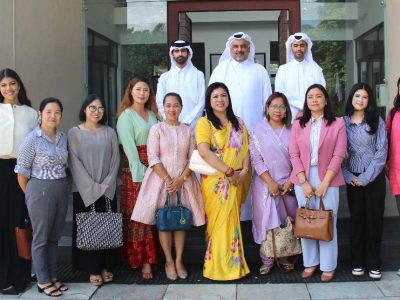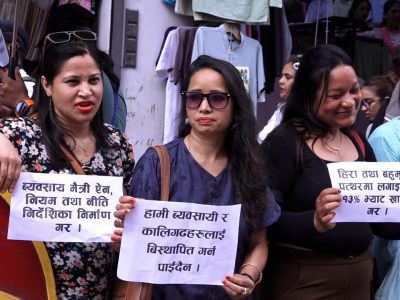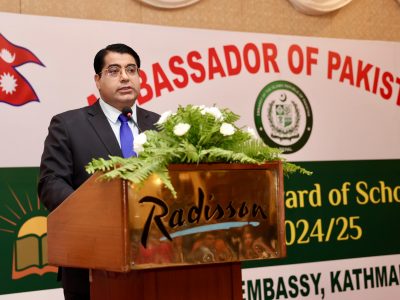Factual evidence of increased inequality through country specific case studies and comparative studies
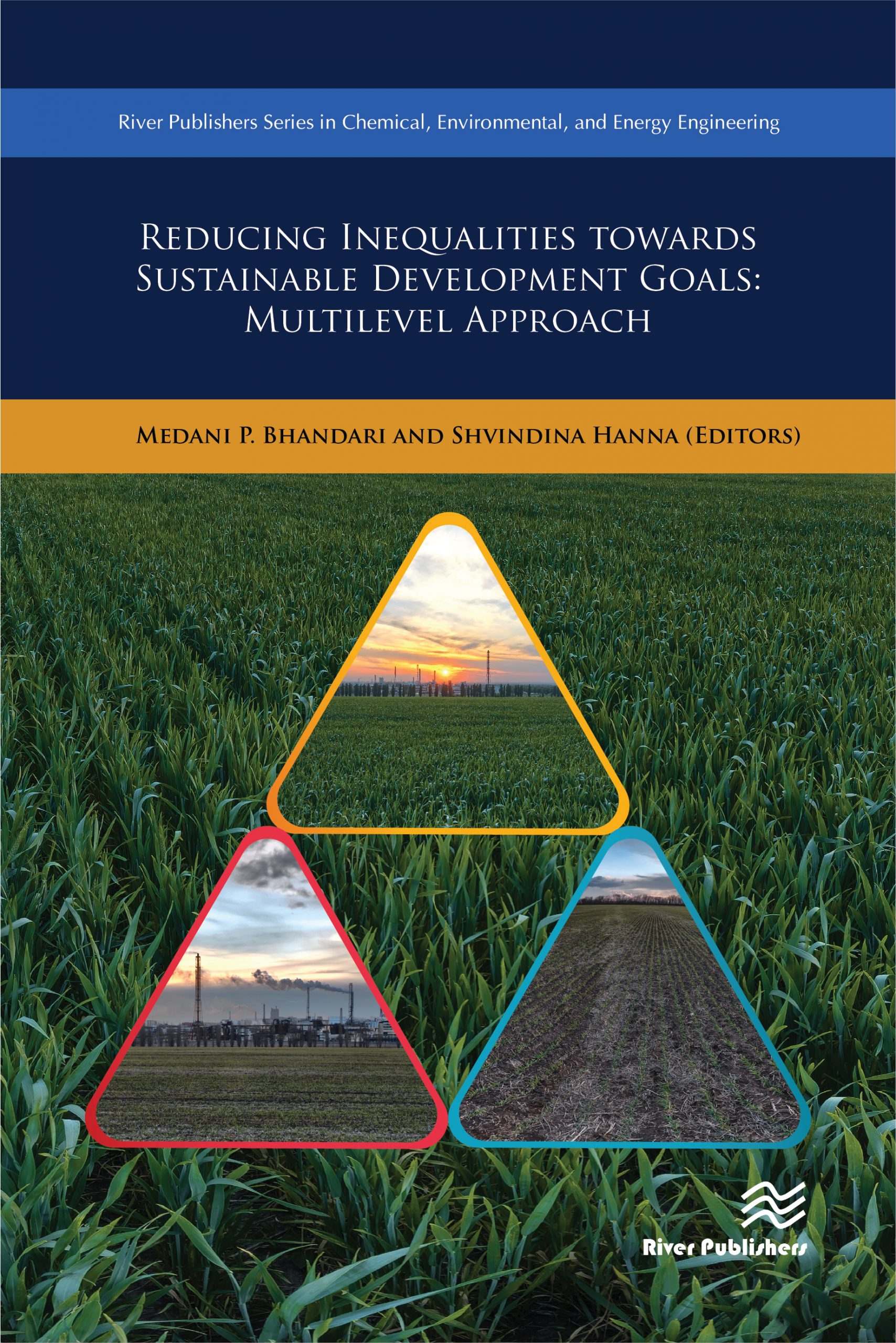
Book Review:
Reducing Inequalities Towards Sustainable Development Goals: Multilevel Approach, edited by Dr. Medani P. Bhandari and Dr. Hanna Shvindina
“Inequality—the state of not being equal, especially in status, rights, and opportunities—is a concept very much at the heart of social justice theories. However, it is prone to confusion in public debate as it tends to mean different things to different people. Some distinctions are common though. Many authors distinguish “economic inequality”, mostly meaning “income inequality”, “monetary inequality” or, more broadly, inequality in “living conditions”. Others further distinguish a rights-based, legalistic approach to inequality—inequality of rights and associated obligations (e.g. when people are not equal before the law, or when people have unequal political power)” (United Nation 2018:1).
Prof. Medani P Bhandari PhD and Hanna Shvindina PhD’s Reducing Inequalities Towards Sustainable Development Goals: Multilevel Approach, continues their already lengthy body of work on environmental issues and sustainable development. Extremely useful for policymakers, social and environmental activists, agencies, educators and practitioners in the sphere of social or environmental economics, this book discusses new insights for evaluating the progress on Sustainable Development Goals (SDGs). Bhandari and Shvindina also boldly sets new economic, social and environmental targets for reducing inequality. Using case studies, the book encourages readers to view economic development through the lens of growing inequalities and disparities.
This edited book,” Reducing intra- and international inequalities and disproportions towards SDGS,” consists of chapters written by scholars and researchers mainly from USA and Ukraine.
Most of the authors have extensive experience from USA, Europe, and Post-Soviet nations, and all contributing authors have rich and extended academic and research experiences in their respected fields they are dealing in this book.
As outlined in their book, Sustainable Development Goals (SDGs) are a set of global goals that meet some of the most pressing challenges facing our world today. Possibly the most pressing issue is reducing global inequalities. These inequalities come in many forms, including social, political, and economic structures of communities at both the national and international level. Such inequalities are clearly becoming more obvious as the world is more connected than ever with information quickly shared.
This book provides factual evidence of increased inequality through country specific case studies and comparative studies. Transnational. In general notion, inequality is seen every sphere of human history, socially, politically, economically and environmentally. Inequality of any nature whether it is through social, economic, cultural, political or environmental strata, creates the division on humanity and has been one of the major causes of conflict throughout human civilization (from preface).
This book follows listed theoretical frameworks and tries to fulfil the knowledge gap of complex sustainable development discourse in reducing the global, regional, national and local inequality. The chapters result shows that even though United Nation and many other international organizations, civil society, scholars, governments have been trying to reduce the inequality-it is increased and there are no symptoms of remedy of this divisive GIANT INEQUALITY. There have been invisible walls between haves and haves not, rich and poor, developing and developed world. It is important to acknowledge, United Nation has been working vigorously since its inception to reduce the global inequality- with various declaration; however, the result has been always negative- inequality in increasing. As noted above “Out of the 17 goals, eleven address forms of inequality, in terms of equality, equity and/or inclusion (Goals 1, 3, 4, 5, 6, 7, 8, 9, 10, 11, 16 and 17), and one goal (Goal 10) explicitly proposes to reduce various forms of inequalities” (Freistein and Mahlert 2015:7). This shows the acceptance of the problems and urgency, however, there is a question “the world actually wants reduce inequality? Will sustainable development goals and targets be achieved? Are we ready to compromise our endless desires of only me, me and mine? The invisible walls are everywhere and “my profit first” is the dominant approach of current development paradigms. To overcome the inequality problems the concept of “Bashudaiva Kutumbakkam”- The entire world is our home and all living beings are our relatives” and Live and let other live- the harmony within, community, nation and global” is needed (from Conclusion).
Reducing Inequalities Towards Sustainable Development Goals: Multilevel Approach aims to direct the efforts of scholars, practitioners and policymakers to swiftly find the balance between the three pillars of sustainable development.
Bhandari and Shvindina have delivered another timely and well written source of valuable information for those in the academic and public spheres who are concerned by the problems of growing inequality and sustainable development.
Book is available at: https://www.riverpublishers.com/book_details.php?book_id=749 https://www.amazon.com/Reducing-Inequalities-Towards-Sustainable-Development/dp/877022126X

Book Editors:

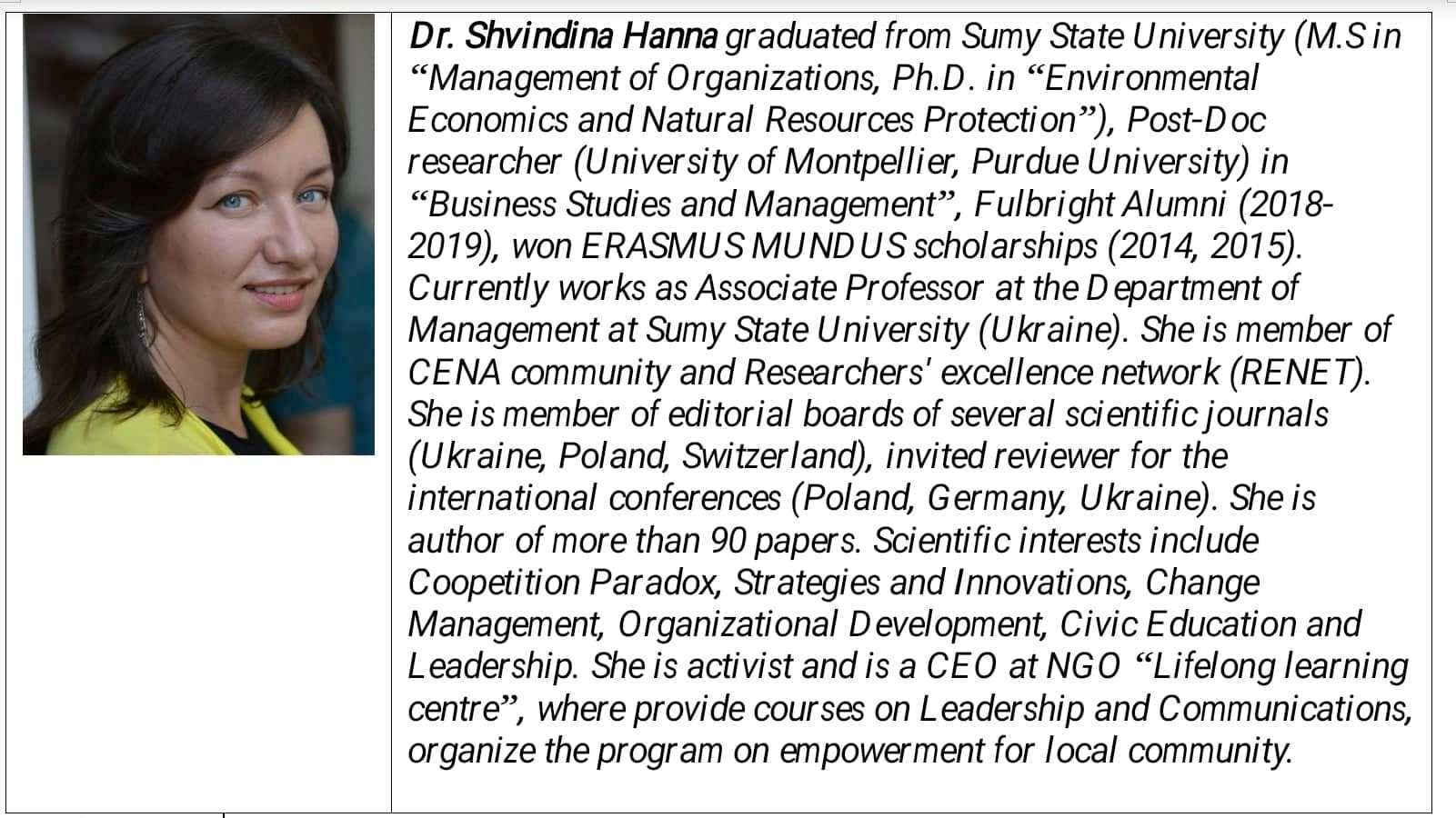
Reference:
Bhandari, Medani P. and Shvindina Hanna (2019) Reducing Inequalities Towards Sustainable Development Goals: Multilevel Approach, River Publishers, Denmark / the Netherlands- ISBN:Print: 978-87-7022-126-9 E-book: 978-87-7022-125-2- https://www.riverpublishers.com/book_details.php?book_id=749, Asia Environmental Daily, www.asiaenvdaily.com
Bhandari, Medani P. (2019), “BashudaivaKutumbakkam”- The entire world is our home and al lliving beings are our relatives. Why we need to worry about climate change, with reference to pollution problems in the major cities of India, Nepal, Bangladesh and Pakistan. Adv Agr Environ Sci. (2019);2(1): 8−35
Bhandari, Medani P. (2019), Live and let other live- the harmony with nature /living beings-in reference to sustainable development (SD)- is contemporary world’s economic and social phenomena is favorable for the sustainability of the planet in reference to India, Nepal, Bangladesh, and Pakistan? Adv Agr Environ Sci. (2019);2(2): 30-60.
Freistein, K., and. Mahlert, B. (2015), The Role of Inequality in the Sustainable Development Goals, Conference Paper, University of Duisburg-Essen
See discussions, stats, and author profiles for this publication at: https://www.researchgate.net/publication/301675130
https://onlinelibrary.wiley.com/doi/pdf/10.1002/9780470672532.wbepp253
United Nations (2018), Development Strategy and Policy Analysis Unit w Development Policy and Analysis Division Department of Economic and Social Affairs, United Nations, NY https://www.un.org/en/development/desa/policy/wess/wess_dev_issues/dsp_policy_01.pdf
Facebook Comment
latest Video
Trending News
- This Week
- This Month


